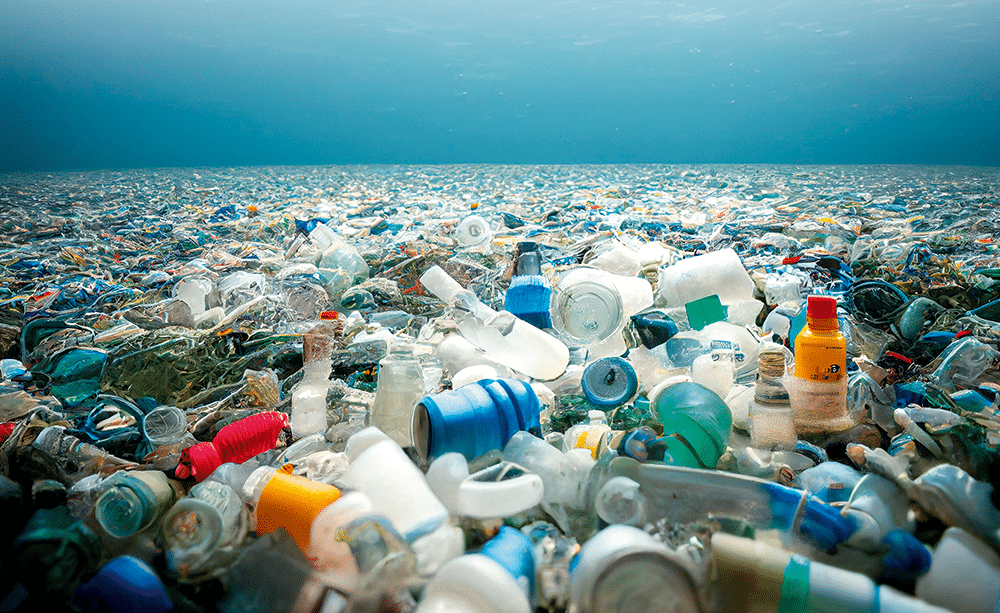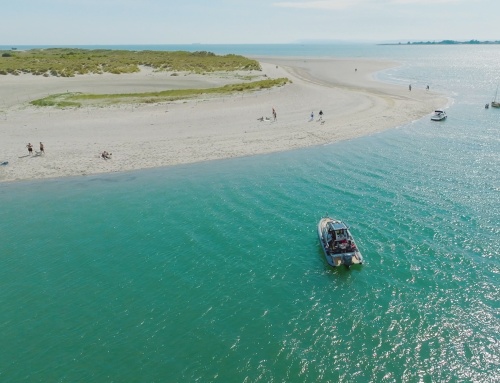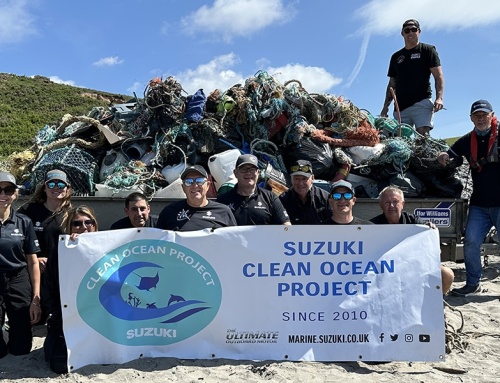The planet has arrived at ‘Plastic Overshoot Day’ – the date when the amount of plastic waste outweighs the world’s ability to manage it – for the first time.
New data published by plastic waste management data platform Plasteax and Swiss-based association Environmental Action reveals that 28th July 2023 was the date that humans could no longer effectively manage the plastic waste produced annually worldwide. This means that, with global production of short-life plastic expected to reach 159 million tonnes this year, the international capacity for managing plastics without leakage will no longer meet the demand for the rest of the year. The data reveals that this year over 68.5 million tonnes of short-life plastic will be mismanaged worldwide.
It’s the first time that the Plastic Overshoot Day date has been announced internationally in a bid to raise awareness of the global plastic crisis. In previous years, Plastic Overshoot Days have been calculated for individual countries.
Environmental advocacy network Earth Action reveals that, in the past decade, plastic production has increased 20 times more rapidly than our capacity to recycle it. At the current rate, plastic production is set to triple by 2060.
In a statement, Julien Boucher, founder and CEO of Earth Action, said that 28th July ‘should be a pivotal moment in the global plastic waste crisis. We all have a crucial role to play in this crisis. Now what is required is extensive and ambitious interventions from global governments and corporations, who can lead the change towards sustainable production practices. Without this, the Plastic Overshoot Day date will only be brought forward every year. If we can measure and report our carbon footprints, why can’t we do the same for plastic?’
The Plastic Overshoot Day report, which is available online, predicts that in 2023, plastic waste mismanagement will result in the release of about 420,000 tonnes of chemical additives into waterways, exacerbating the ecological consequences of plastic pollution.
In March, Marine Industry News (MIN) reported that a new scientific study had found that there are now 171 trillion pieces of plastic estimated to be floating in the world’s oceans. The data suggests this is a huge increase from an estimated concentration of 16 trillion pieces in 2005. Results from the initial legs of the 2023 edition of The Ocean Race showed microplastics in each one of 40 samples analysed, with as many as 1,884 microplastics per cubic metre of water in some locations.
The report also highlights that the plastic waste crisis disproportionately impacts countries in the Global South. These countries are defined by Earth Action as ‘waste sponges’, as they consume low amounts of plastic but have high levels of plastic pollution arising from imports. Altogether, ‘waste sponge’ countries account for 66.86 days out of the total 157 days of plastic overshoot projected to occur in 2023.
Courtesy of Marine Industry News










